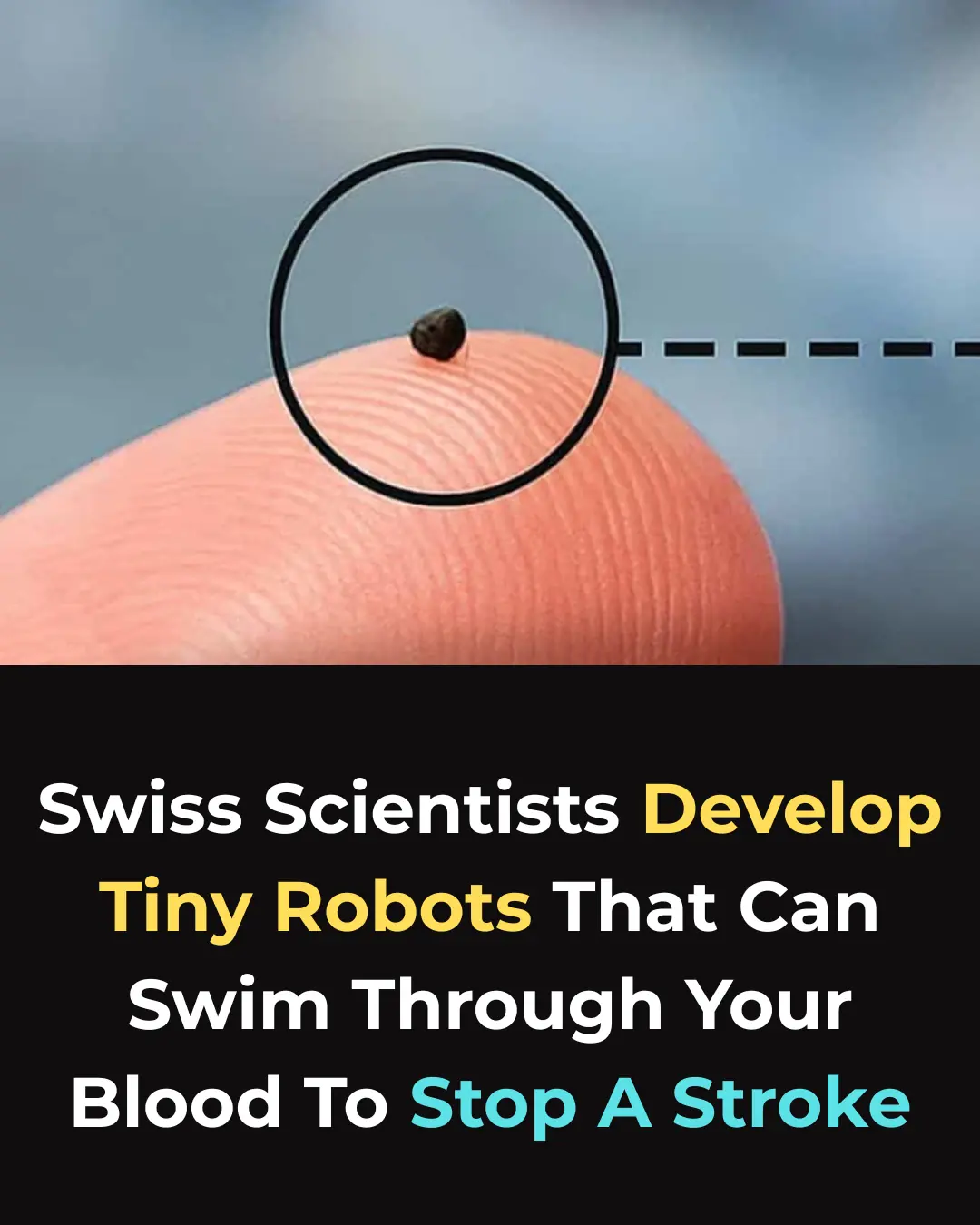
Using Crow Intelligence to Fight Pollution: Inside Sweden’s Corvid Cleaning Project
The Swedish startup Corvid Cleaning, headquartered in Södertälje, has developed an innovative device designed to train wild crows—particularly New Caledonian crows, one of the most cognitively advanced bird species—to pick up litter such as cigarette butts in exchange for small food rewards. This initiative reflects a growing interest in exploring how animal intelligence can be leveraged to address persistent environmental challenges.
The device functions through a simple yet effective behavioral model. When a crow deposits a cigarette butt or other small piece of trash into the machine’s slot, the system recognizes the object and releases a food pellet as a reward. This approach builds on decades of behavioral conditioning research, including findings from the Cornell Lab of Ornithology and the Max Planck Institute for Ornithology, which highlight the exceptional problem-solving abilities of corvids. New Caledonian crows in particular are known for their tool-making skills—abilities once thought to be exclusive to primates.
(Sources: Science Magazine; Max Planck Institute for Ornithology)
This program forms part of a pilot effort to combat environmental pollution, especially the widespread problem of cigarette butt litter. Cigarette filters are the most littered item in the world, with the World Health Organization (WHO) estimating that approximately 4.5 trillion cigarette butts are discarded annually. In Sweden alone, over one billion cigarette butts are thrown on the ground each year, posing environmental risks due to the microplastics and toxic chemicals they contain.
(Sources: WHO Report on Tobacco and the Environment, 2022; Swedish Environmental Protection Agency)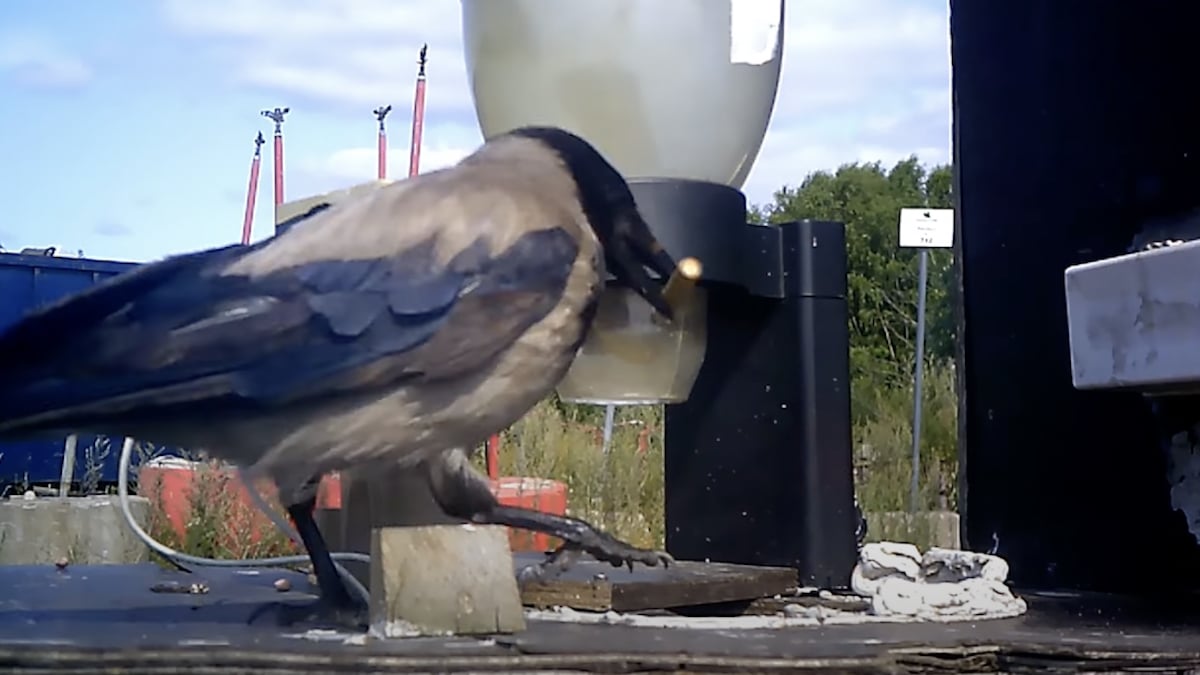
According to Christian Günther-Hanssen, the co-founder of Corvid Cleaning, the initiative has the potential to significantly reduce municipal cleaning expenses. Cigarette butt collection is labor-intensive, and municipalities spend considerable resources on cleanup operations. By involving wild crows—animals already present in urban environments and capable of learning complex tasks—cities could adopt a more cost-effective and scalable approach to waste reduction.
Crows were specifically chosen due to their remarkable intelligence and adaptability. Research published in Current Biology and Proceedings of the Royal Society B has shown that New Caledonian crows possess cognitive abilities comparable to those of a young human child, including advanced memory, understanding of cause-and-effect relationships, and the capacity to use multi-step reasoning. These traits make them ideal candidates for participating in structured ecological tasks such as litter collection.
(Sources: Current Biology, 2018; Proceedings of the Royal Society B, 2014)
Beyond addressing litter, the project represents a broader movement toward bio-integrated environmental solutions, where animals are engaged in ecological management roles. Similar ideas have been tested elsewhere, such as using dogs to locate invasive species or employing bees as environmental sensors. Corvid Cleaning’s project contributes to this field by demonstrating that wildlife can be partners in human sustainability initiatives when approached ethically and thoughtfully.
While the program is still in its experimental phase, early results are encouraging. If proven effective, the system could be deployed more widely across Swedish cities and eventually internationally. By reducing cleanup costs, limiting plastic pollution, and engaging one of nature’s most intelligent species, the initiative highlights an innovative intersection of technology, environmental stewardship, and animal cognition.
News in the same category


A Dual Climate Solution: Solar Panels Over Canals Could Save Billions of Gallons of Water

Regenerative Medicine Milestone: Stem-Cell Trial Restores Motor Function in Paralyzed Patients
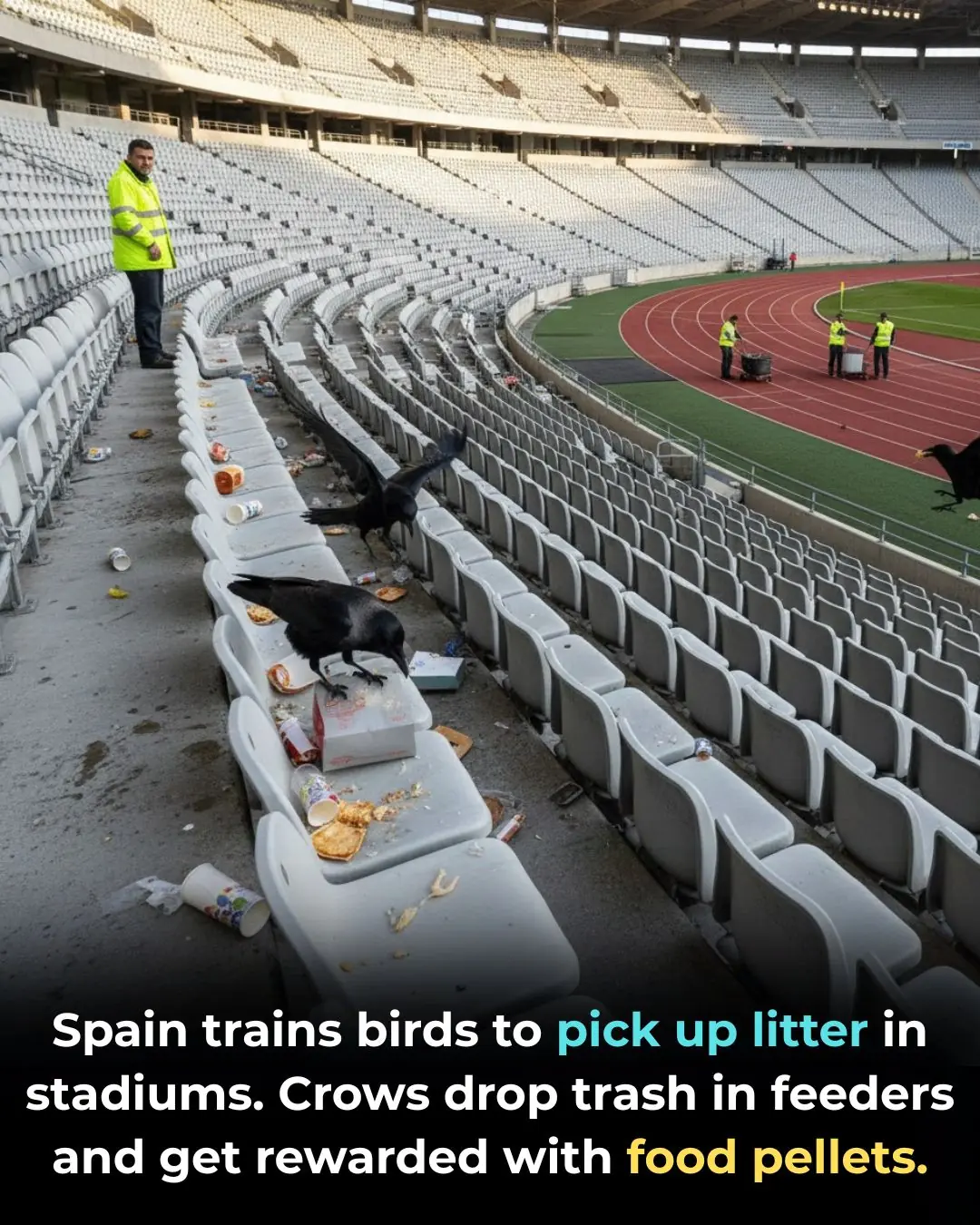
From Crow to Cleaner: How Feathered Geniuses Are Fighting Litter in Spain

From Stone to Shelter: Innovative Housing Beneath France’s Historic Bridges

Redefining Public Restrooms in South Korea: Hygiene, Dignity, and Accessibility for All

How Cyclic Sighing Became One of the Most Effective Breathing Techniques for Reducing Anxiety
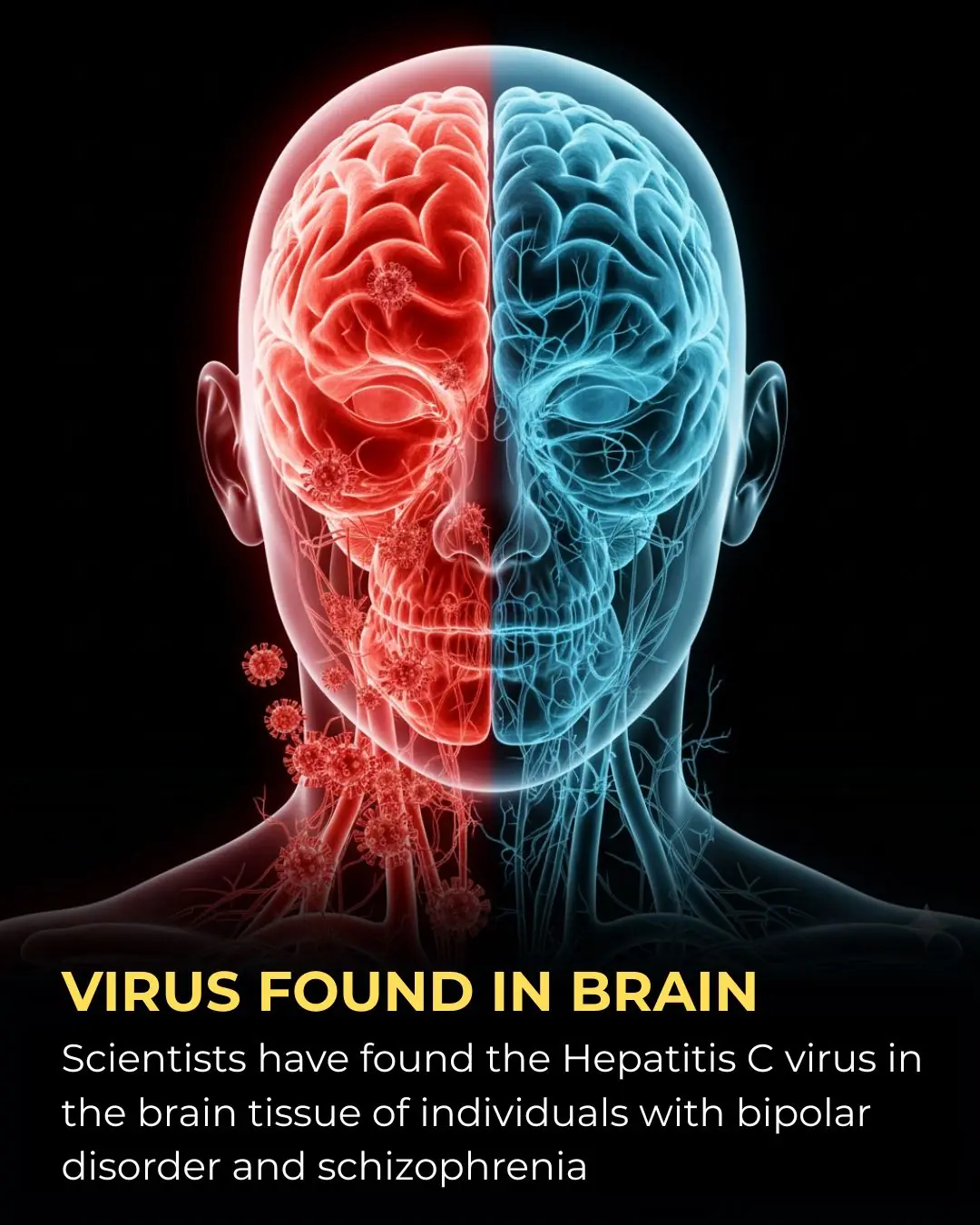
Hepatitis C Virus Detected in Brain Tissue: A Potential Link to Schizophrenia and Bipolar Disorder

Top 10 Safest Places if World War 3 Broke Out
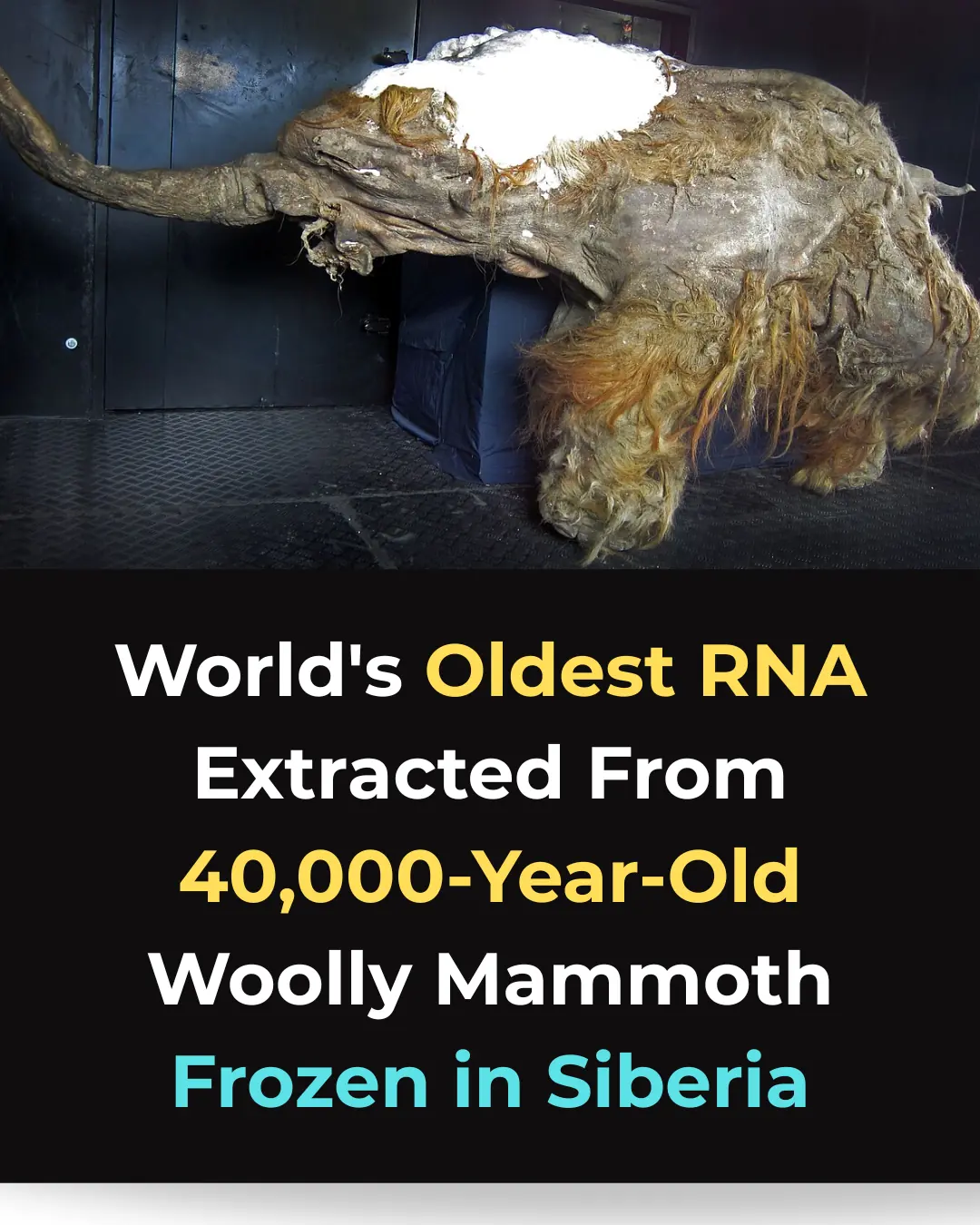
Scientists Sequence the World’s Oldest RNA from a 40,000-Year-Old Woolly Mammoth
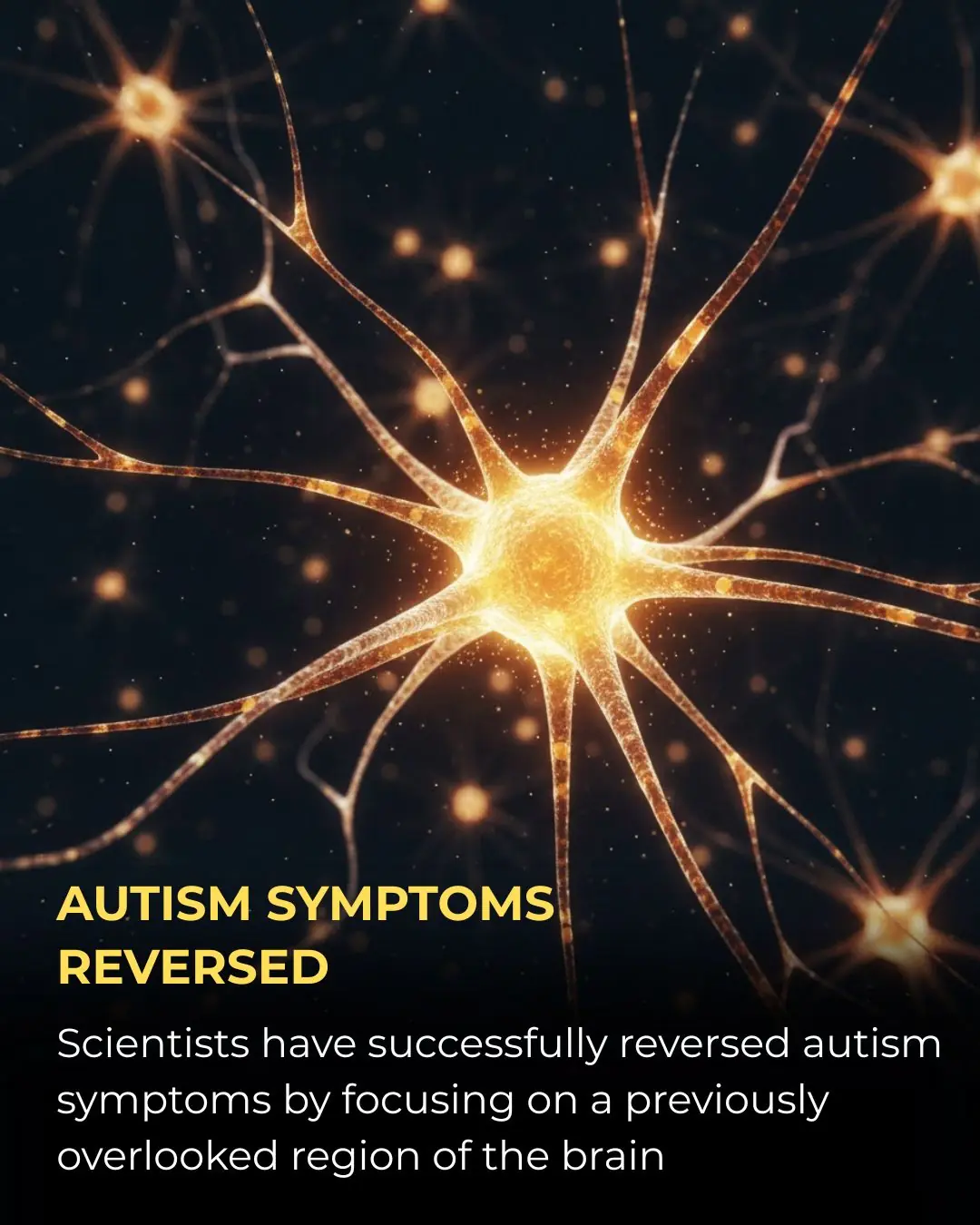
Novel Neural Pathway Identified as Key to Reversing Autism-Related Behaviors
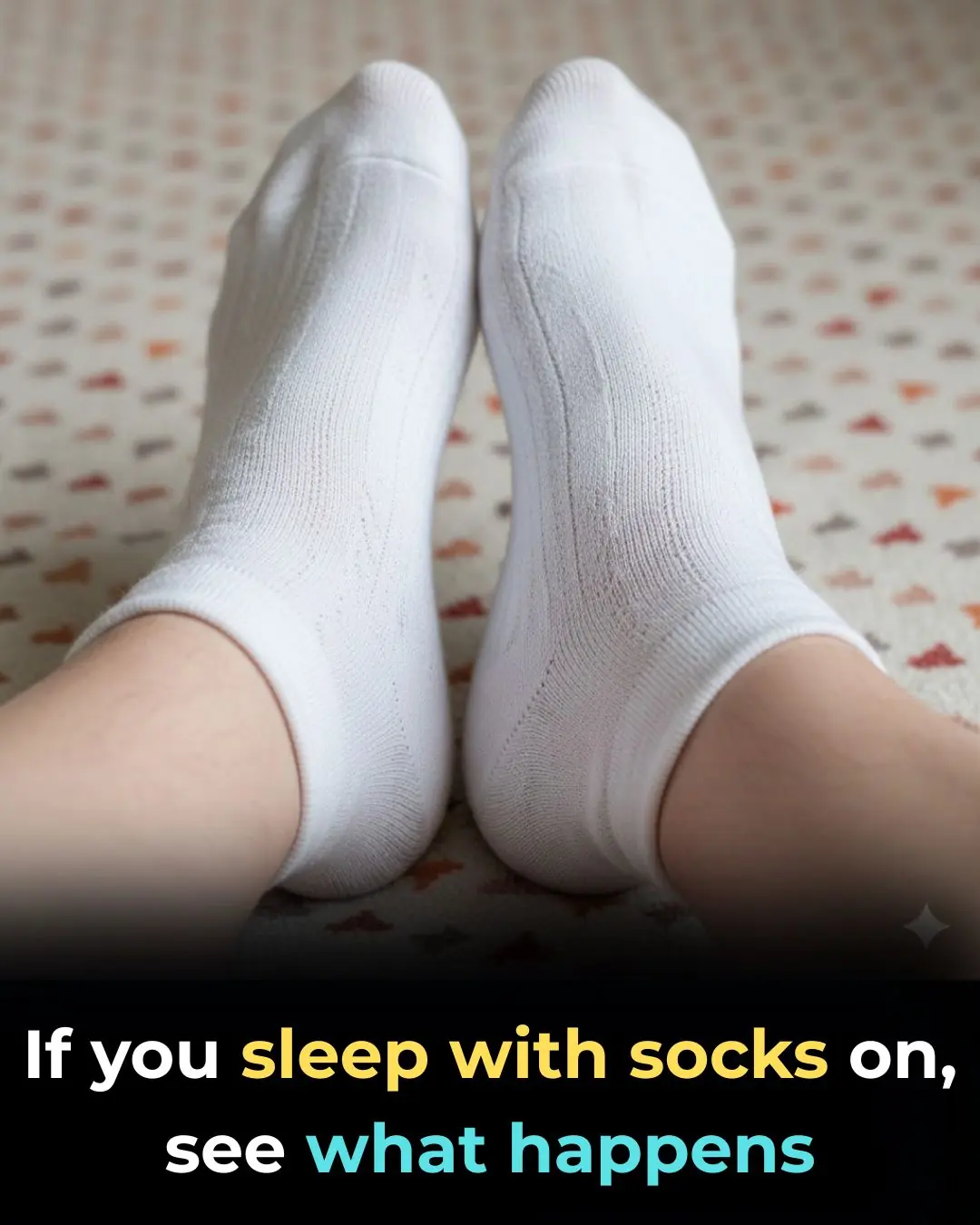
Why seniors should keep their socks on even at home
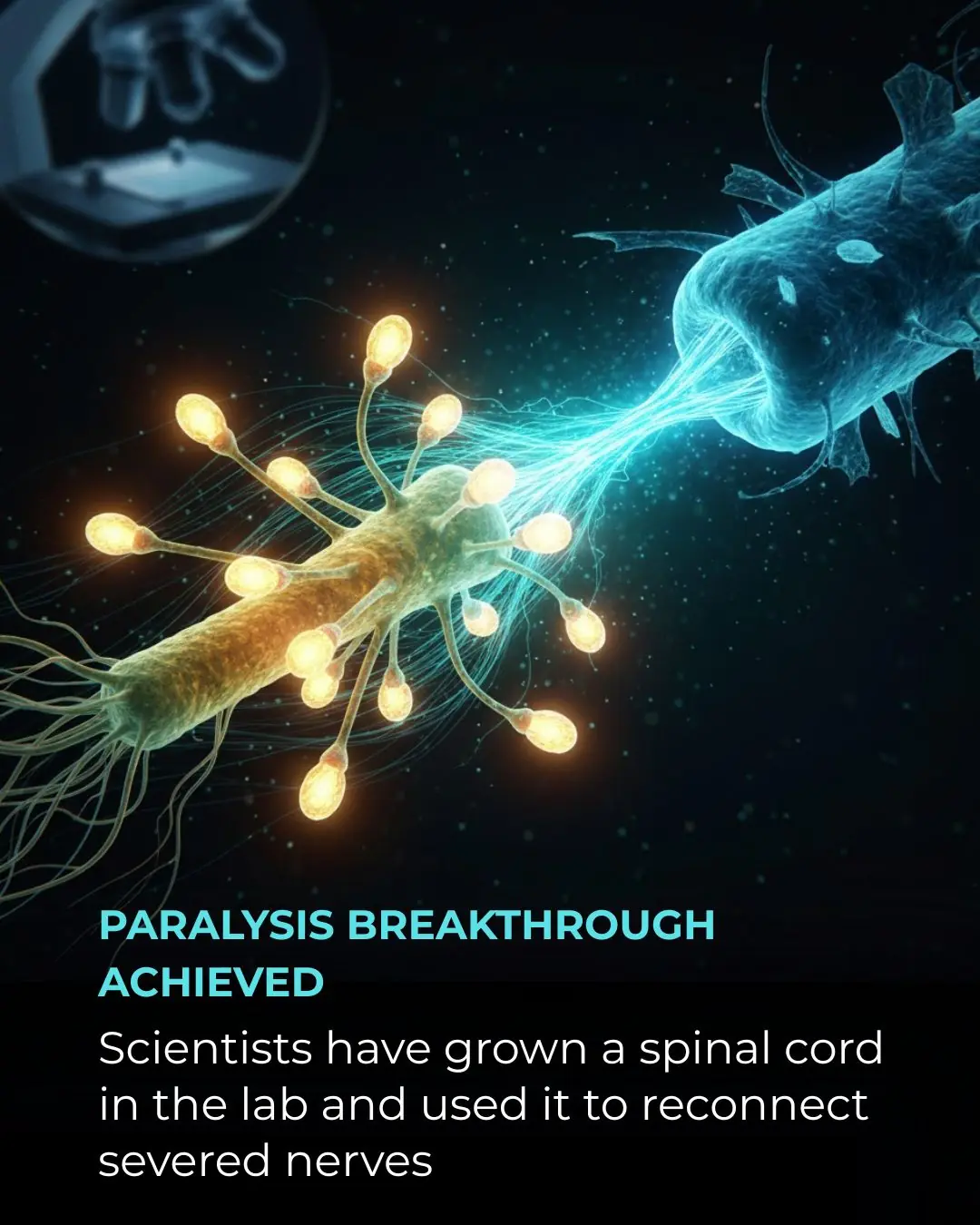
What Once Seemed Impossible: Lab-Grown Spinal Cord Sparks Hope for Millions
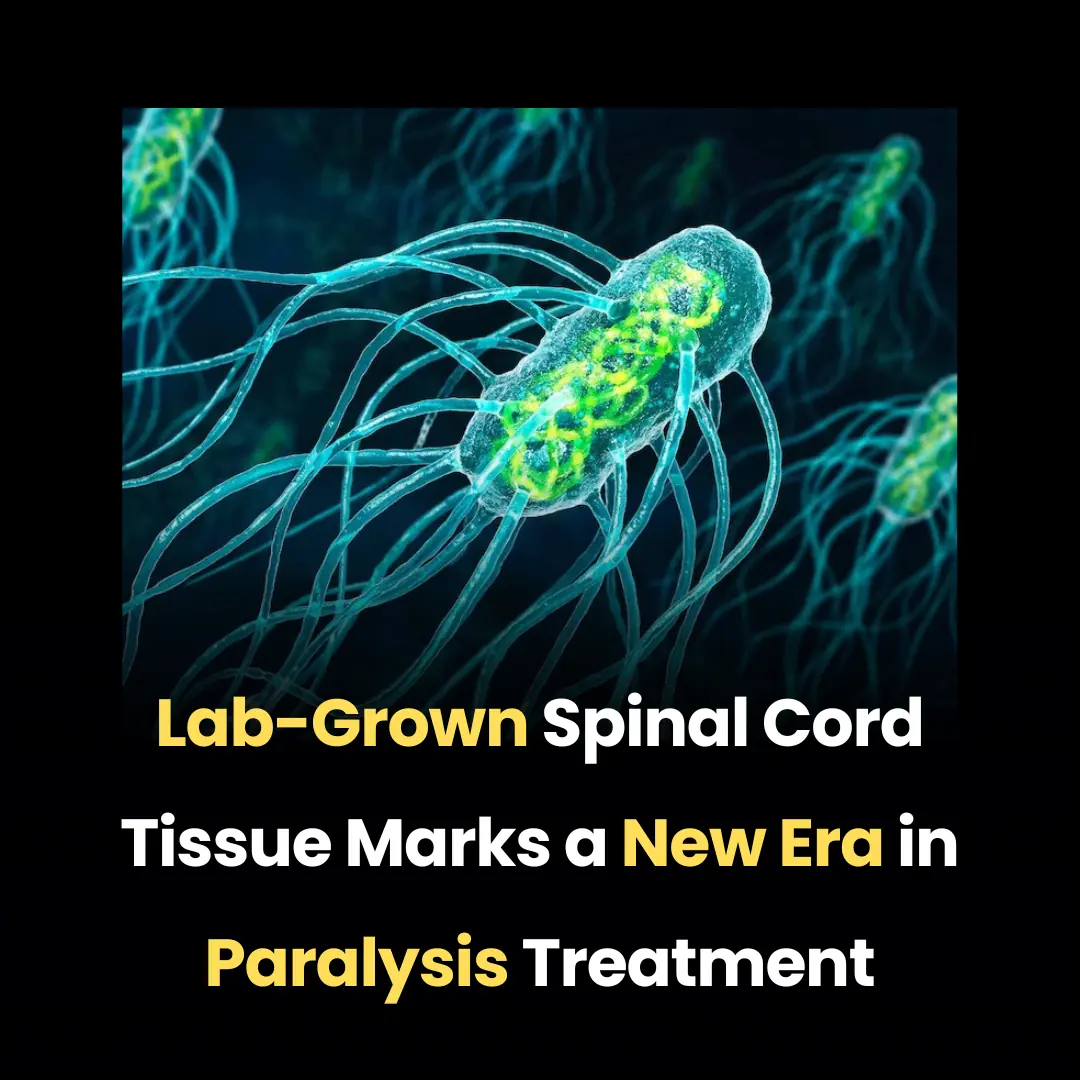
Lab-Grown Spinal Cord Tissue Marks a New Era in Paralysis Treatment
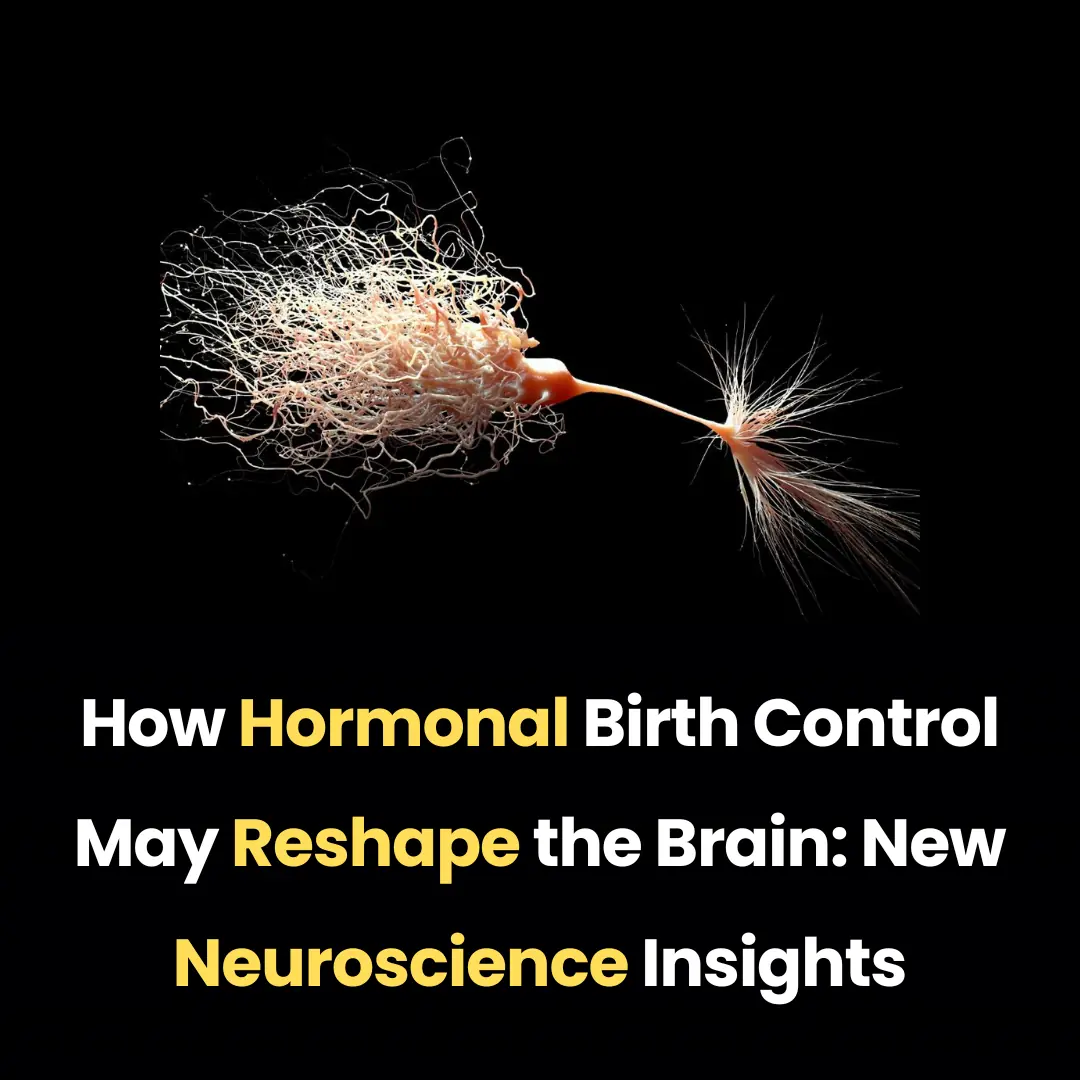
How Hormonal Birth Control May Reshape the Brain: New Neuroscience Insights

Denmark Reimagines Wind Turbine Blades as Durable Bike Shelters

World-First Recovery Achieved in Terminal Brain Cancer Case

A High School Robotics Team Built What Insurance Refused — And Gave a 2-Year-Old the Gift of Independent Movement

The Man Who Became “Dad” to Millions: How Rob Kenney Turned His Pain Into a Global Mission
News Post

Vaseline Uses and Benefits for Skin, Lips, and Hair

10 simple ways to reduce dust at home that most people overlook

You’re Doing It All Wrong: Here’s the Right Way to Defrost Frozen Pipes

7 Powerful Fruits to Preserve Muscle Strength and Energy After 50

I Didn’t Know!
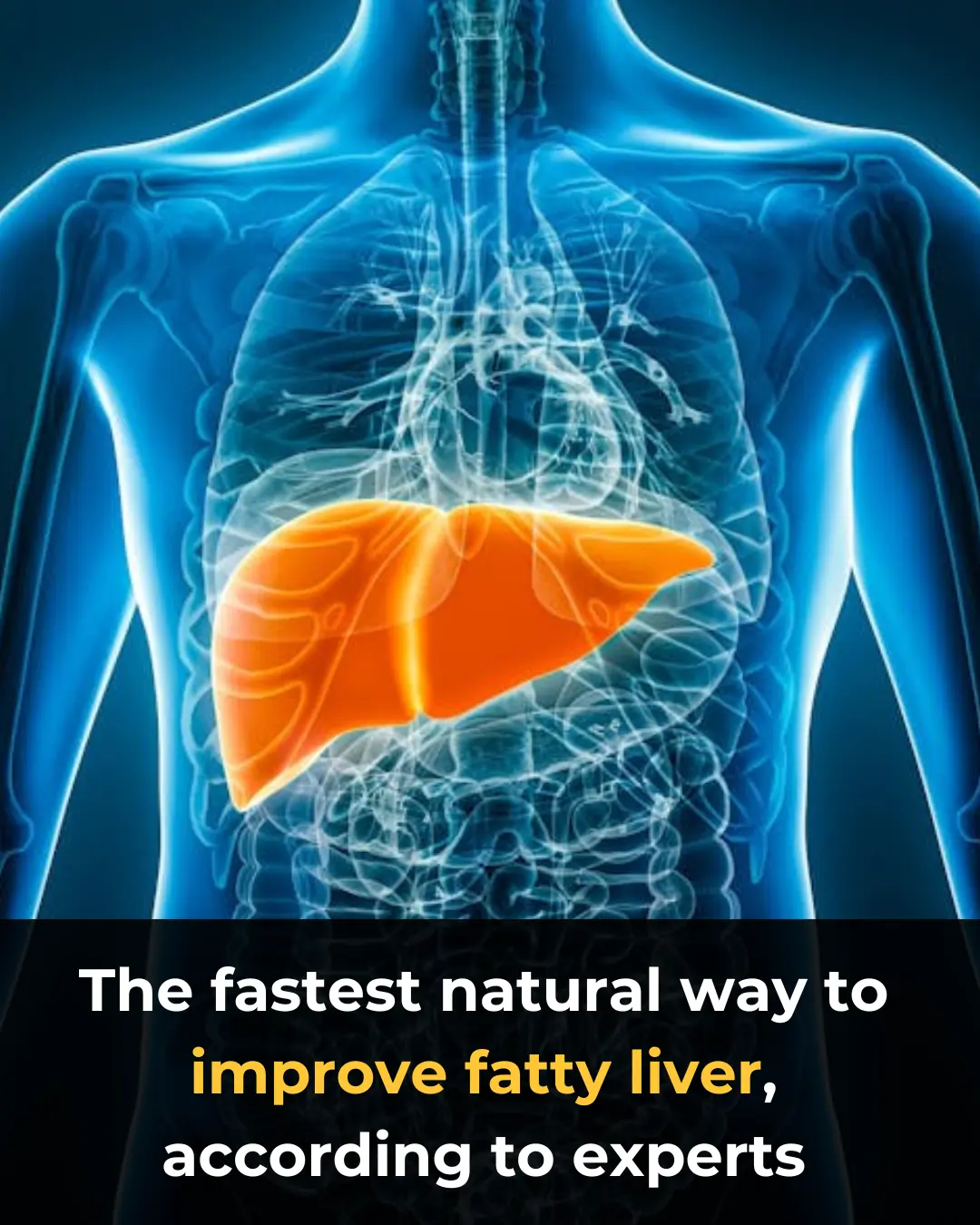
The #1 FASTEST way to reverse fatty liver naturally

Could the bacteria in your nose be causing Alzheimer’s?

How to treat nerve pain in the foot, toes & legs

The air conditioner only has wind but is not cool. Don't rush to call a repairman and waste money. If you do this, it will be cold.

The more flowers the money tree has, the more luck it attracts: Do this and the money tree flowers will grow 5 times faster.

When boiling duck, don't add ginger and cold water. Add this to remove all the bad smell from the meat and you won't get tired of eating it.
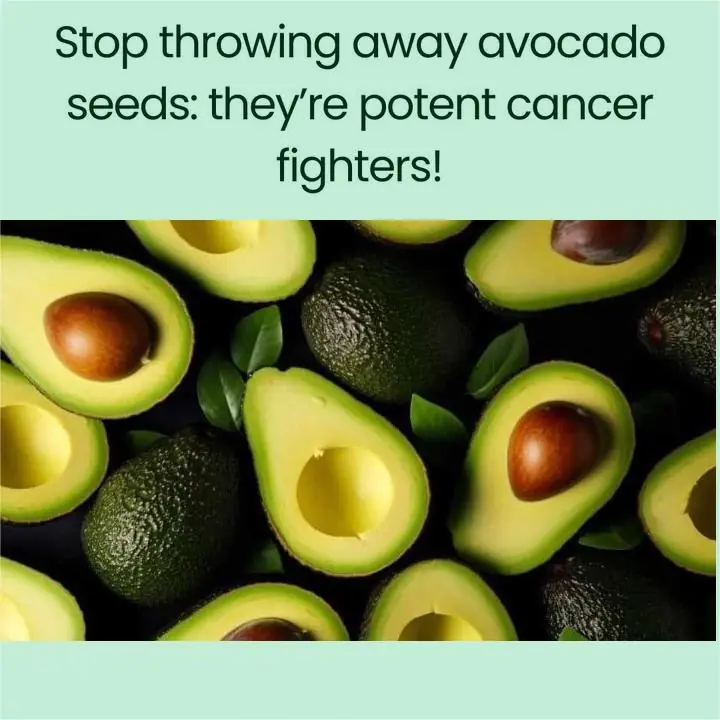
Avocado Seeds: The Overlooked Nutritional Power Inside the Fruit

Bee venom wiped out 100% of aggressive breast cancer cells in just 6 hours

A New Breakthrough: Magnetic Microrobots Designed to Navigate Blood Vessels and Stop Strokes

10 Ways to Lower Uric Acid Naturally

A Dual Climate Solution: Solar Panels Over Canals Could Save Billions of Gallons of Water

Regenerative Medicine Milestone: Stem-Cell Trial Restores Motor Function in Paralyzed Patients

From Crow to Cleaner: How Feathered Geniuses Are Fighting Litter in Spain
